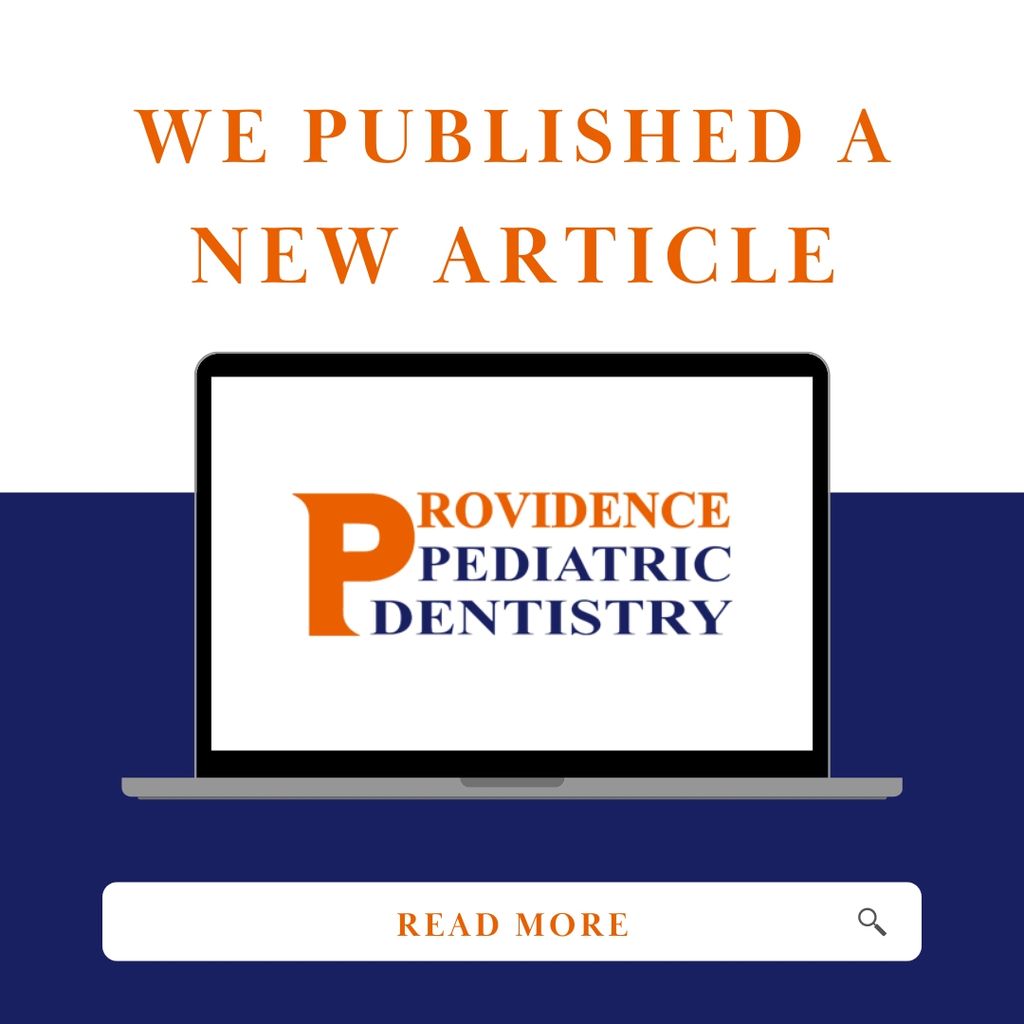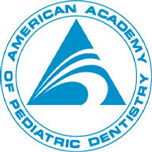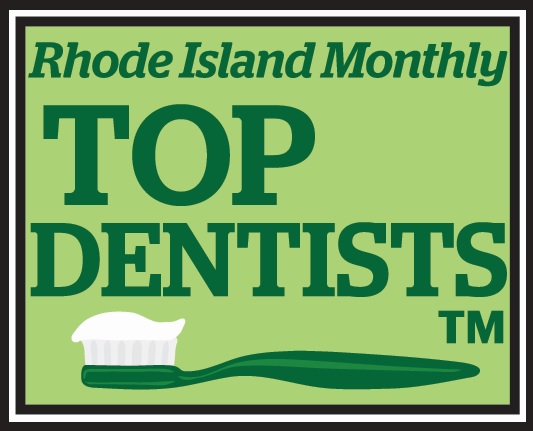
According to the Centers for Disease Control and Prevention (CDC), approximately 20% of children regularly take prescription medications. Over time, this number has steadily increased, which brings to light the importance of understanding how these medications may impact your child’s oral health. At Providence Pediatric Dentistry, our team tailors treatment plans to your child’s specific needs, especially when we are informed about any medications they are taking during regular dental checkups.
Here are five ways that medications can affect your child’s dental health:
1. Dry Mouth
Dry mouth occurs when there is a decrease in saliva production. Many medications can cause this reduction, which is particularly concerning for young children as saliva plays a crucial role in neutralizing acids that can harm their teeth. If left untreated, dry mouth can lead to an increase in tooth decay. Our Providence Pediatric Dentist team will assess and address any signs of dry mouth to help protect your child’s teeth.
2. Gum Tissue Enlargement
Certain medications can cause your child’s gum tissue to enlarge or overgrow. This condition requires extra care and attention to prevent gum inflammation. If your child’s gums are affected, we will provide specific care instructions to ensure they maintain healthy gums.
3. Tooth Decay
While most medications do not directly cause tooth decay, many contain sugar as a flavoring agent. This is common in liquid medications or chewable tablets designed for children, which often taste like candy. Unfortunately, sugar feeds the bacteria that cause decay over time. Whenever possible, choose sugar-free versions of your child’s medications. Additionally, having your child take their medicine with a meal and a drink can help wash away any sugary residues.
4. Increased Gum Bleeding
Some medications can affect blood clotting, leading to increased gum bleeding, particularly during oral surgeries or when your child is losing a tooth. It’s crucial to inform our Providence Pediatric Dentist team about any medications your child is taking so we can prepare and provide the best care during treatments.
5. Soft Tissue Reactions
Certain medications can cause inflammation, discoloration, or sores in your child’s mouth. If your child experiences any of these symptoms, please contact our office immediately. We can develop a customized oral hygiene plan to alleviate these side effects and ensure your child’s comfort.
Keeping our Providence Pediatric Dentistry team informed about your child’s medications is essential to providing them with the best care possible. This information allows us to make appropriate treatment recommendations and monitor any changes in your child’s oral health.
If you have any questions about your child’s medications or their impact on oral health, or if you would like to schedule an appointment, please contact our Providence Pediatric Dentist office. We are dedicated to helping your child establish lifelong healthy habits and maintaining their bright smile.




